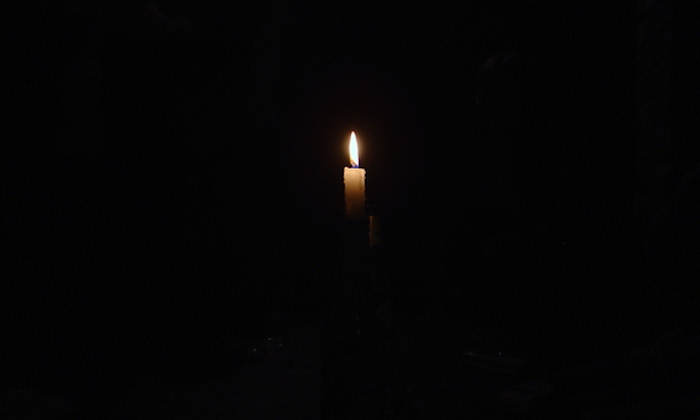The gifts of life and learning
27 Oct 2016
Why the body donation programme is so important and what it means to medical education

Each year, a number of people donate their bodies to the University to enable students to understand the complex field of human anatomy. Here, staff from our Faculty of Life Sciences talk about why the body donation programme is so important and what it means to medical education.
In text books on anatomy and physiology, all human bodies look the same – but for medical students, the subtle differences bodies possess can only be learnt by working with them.
Manchester is one of only a small number of UK universities that teach whole body dissection, considered the gold standard of anatomical education, which is only possible through the generosity of people gifting their bodies after death.
Helping tomorrow’s scientists
Professor of Anatomy Ingrid Gouldsborough teaches both undergraduate and postgraduate students through dissecting the human bodies bequeathed to the University. “For undergraduate students, it’s primarily anatomical examinations – some parts are very intricate and there’s no substitute for learning this other than from a body. It’s a very important element of their teaching and understanding of spatial awareness,” she explains.
“We offer postgraduate training to medical professionals and this involves more advanced surgical training skills – we have surgeons attending, gaining experience in new techniques.”
Handling human bodies for the first time is a big step for the students taught by Professor Gouldsborough. Dotted around her office are thank-you cards, a testimony to the value students from around the world place on Manchester’s anatomy teaching.
“For some students, this can be their first experience of death and we are very aware that this can be upsetting,” she explains. “However, we’re very keen to stress that it’s crucial to their learning.”
A great gift
Mortuary and Bequeathals Manager Stephen Lindsay-Smith liaises with potential donors and their families and finds there are many reasons people decide to donate. “Some see it as a legacy to teach future generations, while for others it’s an appreciation of treatment they might have received over the years from the NHS,” he notes.
“We see a span of religious beliefs, from those with no affiliation to those with a strong faith who view the human body as a vessel for the soul.”
Every year a memorial service is held which sees over 500 people attending, including donors’ families, local dignitaries, staff and students. At the memorial service, each donor’s name is read out and a candle lit in their memory by a student.
As well as leading the memorial service, local chaplain Father Philip Meadows presides over the donors’ funerals, which usually take place a year later, giving a sense of continuity to their loved ones.
Leaving a powerful legacy
Professor Gouldsborough adds: “We’re immensely grateful to these individuals – every time someone donates, they’re imparting knowledge and a depth of understanding to our students. I’m very proud of our donor programme and we’re often complimented on the reputation and professionalism of our department.
“Our students have said that although, for the families, a donor represents a personal loss, for each of the students, they represent a beginning.
“One body will aid in the education of 40 or 50 students. That’s a very powerful legacy.”
If you would like to find out more about Manchester’s body donation programme, call:
- Stephen Lindsay-Smith on 0161 275 5259.
